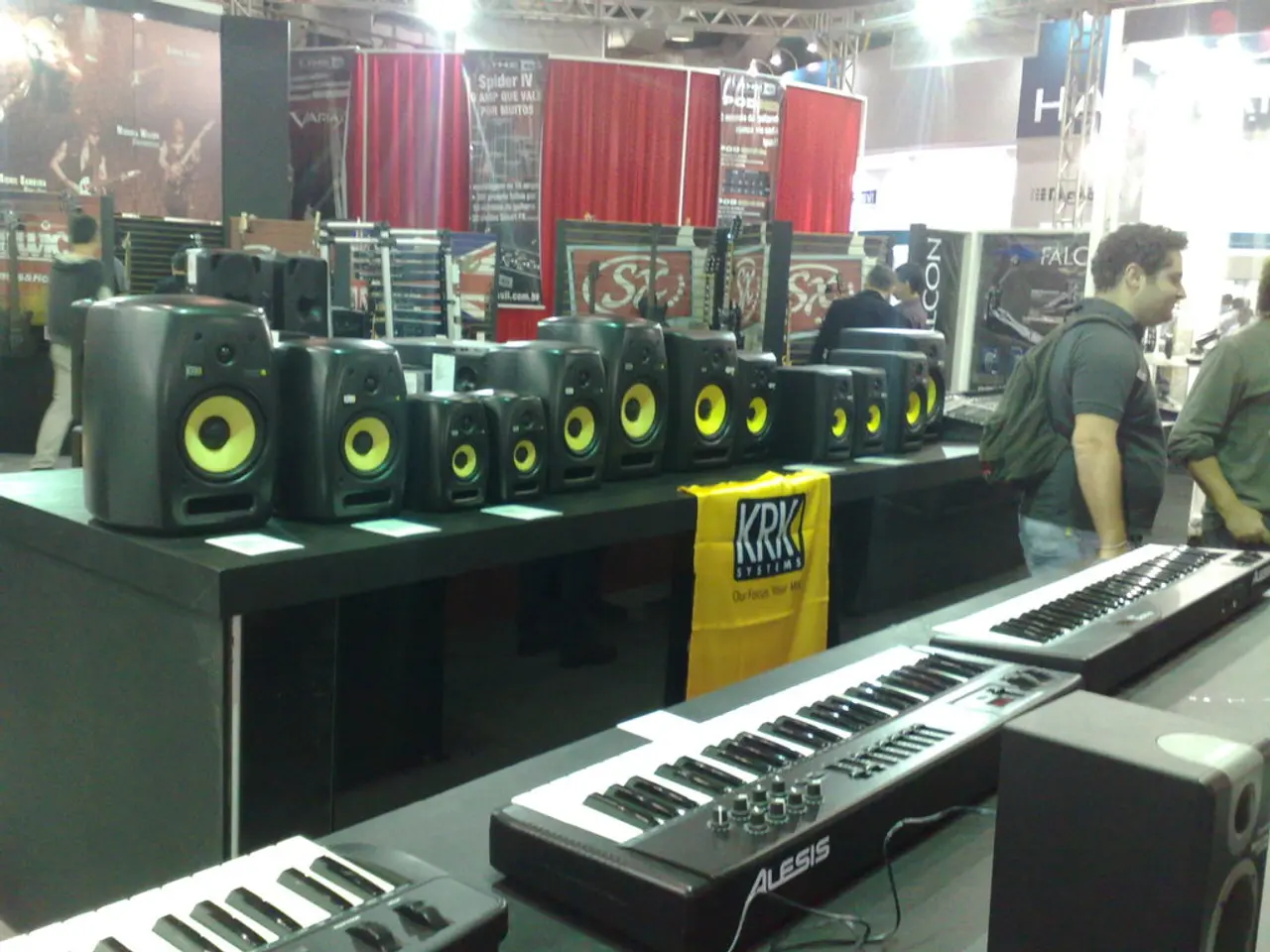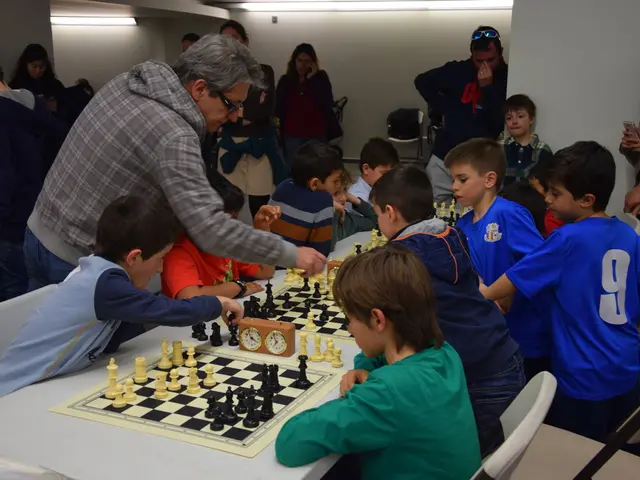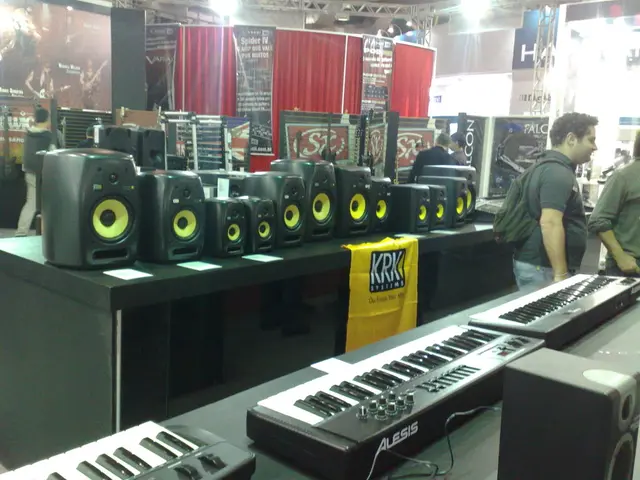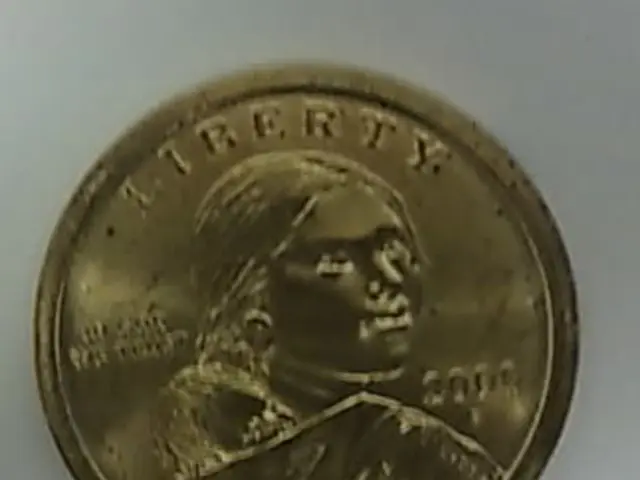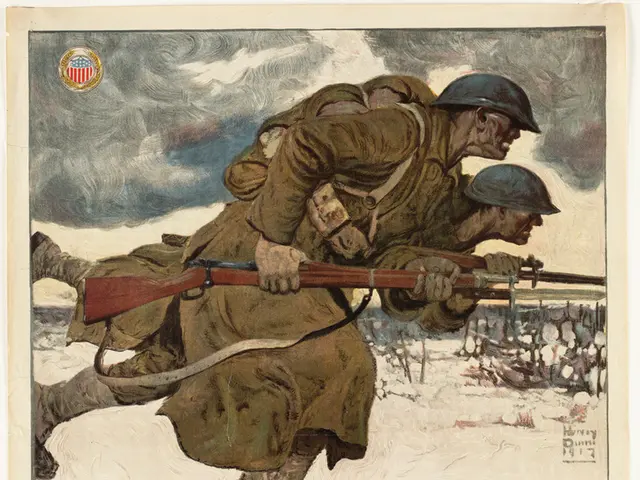Betting Odds contrasted with Payout Ratios
Casino games are a popular form of entertainment, offering players the chance to win big. But, it's essential to understand the key terms involved in these games: odds, house edge, and payouts.
Odds represent the likelihood of a specific outcome occurring. For instance, in European roulette, the odds of the ball landing on a single number are 1 in 37 (37-to-1 chance) because there are 37 pockets on the wheel.
House edge is the mathematical advantage the casino holds over the player, expressed as the average percentage of each bet that the casino expects to keep over many plays. European roulette has a house edge of about 2.7%, meaning players will lose on average $2.70 per $100 wagered over time. The house edge varies by game; blackjack can have as low as 0.5%, while slots can have from 2% up to 15% or more depending on the machine and rules.
Payouts refer to how much the casino pays the player if they win, usually expressed in ratios like 1:1 or 36:1. Payouts are often lower than true odds to provide the house edge. In roulette, the true odds for a single number are 37-to-1, but the casino pays only 36-to-1, creating the house edge. A payout of 1:1 means if you bet $1 and win, you get $1 profit plus your stake back.
In summary, odds tell you the chance of winning, payout tells you how much you get if you win, and the house edge is the built-in casino advantage ensuring the casino profits over time by offering payouts that are less than the true odds imply.
It's important to note that the term "odds" in discussions about casino games can have multiple meanings. "Odds as Probability" refers to the use of "X-to-1" format to express the chance, with the first number representing chances of losing and the second representing chances of winning. "Odds as House Edge" refers to the house edge itself, used in combination with adjectives like "good," "bad," "better," or "worse."
The specific probabilities and payouts of a game determine the size of the house edge. For example, in a table game with 60% lose, 39% win (1-1 payout), and 1% jackpot (12-1 payout), the total RTP would be 78% + 13% = 91%. The RTP is the amount that the player will win back, on average, for each dollar they bet. In the example game, the RTP is 88%, calculated as $0.88 ($2.20 x 40%).
Every casino game's long-term wins and losses are determined by the odds. In the common casino games list, Blackjack (3:2) has a ~99.50% RTP and ~0.50% house edge. Jacks or Better Video Poker has a 99.54% RTP and 0.46% house edge. Craps (Odds Bet) has a 100.00% RTP and 0.00% house edge, making it the game with the smallest house edge. On the other hand, Roulette (French) has a 98.65% RTP and 1.35% house edge.
The house always wins in casino games due to the casino having an advantage in the odds. However, the Law of Large Numbers applies to casino games, stating that over time, the odds take over from luck. This means that while a player may have a lucky streak, in the long run, the house edge will ensure the casino's profits.
In conclusion, understanding the terms odds, house edge, and payouts is crucial for players to make informed decisions when playing casino games. By knowing these terms, players can make more strategic decisions and potentially increase their chances of winning.
- Online casino games like roulette, blackjack, poker, and slots provide players with a chance to enjoy various forms of entertainment while competing for substantial rewards.
- Recognizing key casino gaming terms, such as odds, house edge, and payouts, is vital for players to gain an advantage in predicting outcomes and maximizing potential winnings.
- Some popular casino games, such as blackjack, poker, and video poker, offer players a relatively low house edge, allowing them to increase their long-term winnings and ultimately boost their chances of success in the casino.
